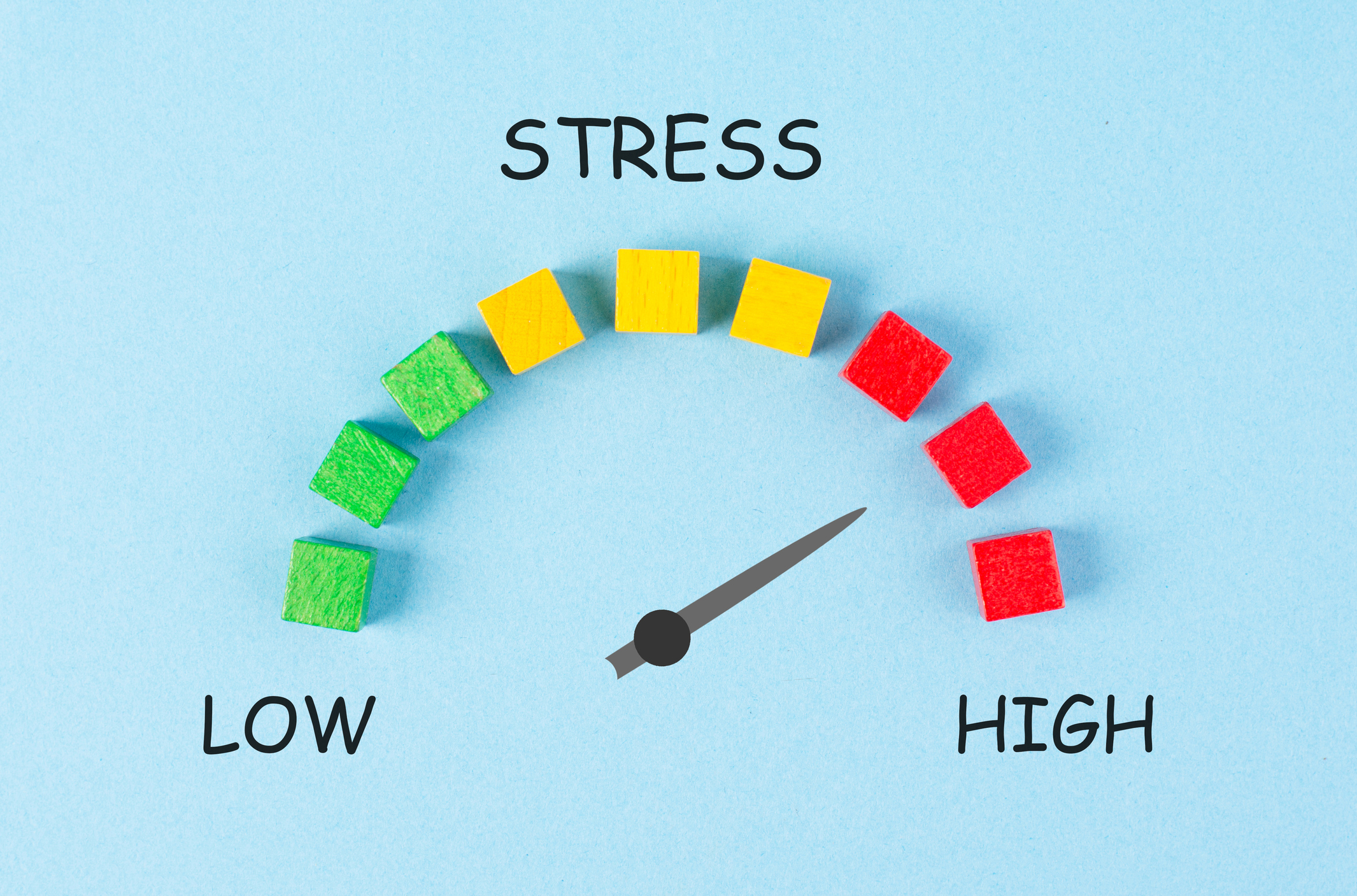Worry is a natural part of life but can affect your overall health. Americans live stressful lives today, and technology at our fingertips can add to it. April is Stress Awareness Month, and Central Florida Health Care reminds you there are healthy ways to cope!
Stress can manifest as frequent mood swings, trouble sleeping, changes in appetite, difficulty concentrating, and feeling overwhelmed. Stress can lead to feelings of sadness, frustration, worry, stomach pain, headaches, and more. In the heightened moment or the peak of stress, specific hormones can increase heart rate, blood pressure, and glucose levels. Continued stress can increase the risk of stroke, heart attacks, and heart disease.
Central Florida Health Care’s Integrated Behavioral Health Center helps patients find the best stress management method. Our team wants you to understand that you are most vulnerable when you are not getting enough sleep, experiencing life changes, are in poor physical health, have poor eating habits, and have a poor network of support. Furthermore, knowing how to reduce stress can be most helpful.
Wendy Clark, a Psychiatric Mental Health Nurse Practitioner with CFHC, says, “Ways to reduce stress include managing your time with prioritization. Another technique is to practice relaxation, exercise daily, set aside “you” time, eat well and with a purpose, promote good sleep hygiene, know your needs, and always work to limit or avoid alcohol and drugs.”
If you are having trouble coping with stress and worry, we encourage you to make an appointment with one of our mental health professionals to help you create a wellness plan.
National Alliance on Mental Illness. (n.d.). Managing Stress.
Retrieved from https://www.nami.org/Your-Journey/Individuals-with-Mental-Illness/Taking-Care-of-Your-Body/Managing-Stress
